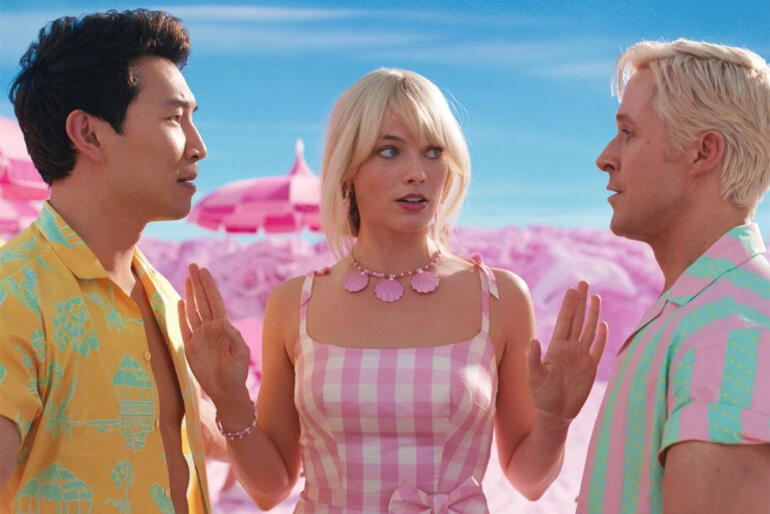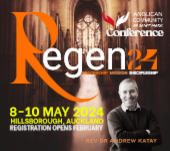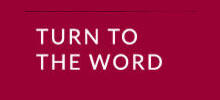
When first asked by a group of friends if I wanted to go to Greta Gerwig’s Barbie movie, my initial reaction was a resounding “No!”
As a proud feminist, why would I want to see a movie about a doll which has perpetuated gender and racial stereotypes and unrealistic ideals about body image since its debut in 1959?
However, I was curious to know why this movie has created such a buzz, so I agreed to go along.
The movie begins with a parody of Stanley Kubrick’s classic opening ‘Dawn of Man’ scene from 2001: A Space Odyssey (1968). Barbie (Margot Robbie) appears as the ‘monolith,’ a symbol of human evolution, winking at the audience while little girls smash their baby dolls in an act of emancipation.
The narrator, Helen Mirren, explains that instead of limiting themselves to playing as mothers, the advent of Barbie (the ‘Dawn of Woman’?) means girls can now imagine themselves as anything, from artists to astronauts.
It is immediately clear that this movie is not going to be a pointless piece of pink fluff and I am hooked!
Although I never had a Barbie doll as a child, I do own a few of them now: I have a Rosa Parks (“Inspiring Women”) Barbie, and four Wonder Woman Barbies, two of which are collector’s editions.
These two dolls are kept securely in their boxes so that they stay perfect, a fate which almost befalls “Stereotypical” (read as WASP?) Barbie in the movie.
Having left Barbie Land's idyllic plastic Garden of Eden, after literally falling out of her Dream House because she has started having thoughts of death, there is a scene where Barbie asks the all-male team of executives at Mattel to help her deal with this existential crisis.
They tell her to get back in her box and attempt to tie her hands down. After a moment of considering the temptation of this option, she escapes their clutches and runs through the headquarters in a slapstick chase scene. In the process, she discovers her creator, Ruth Handler (Rhea Perlman), who encourages her to embrace the wonderful yet imperfect “beauty” of being human.
It is scenes like this that give the Barbie movie its clever combination of humour and intelligence. I am not only laughing, but I am also recalling the way in which the male-dominated leadership in the church through the ages has told women that they are responsible for the Fall, and as a result to be silent and submissive.
And of course, more significantly, reminding women that they were created simply to be the ‘helper’ for men.
But as Greta Gerwig said in an interview with Vogue magazine (Summer 2023), “Barbie was invented first. Ken was invented after Barbie, to burnish Barbie’s position in our eyes and in the world. That kind of creation myth is the opposite of the creation myth in Genesis.”
I teach at an all-girls’ high school (where my Rosa Parks Barbie is on display in my classroom), and one student told me she loved the twist of this “opposite” creation myth.
She thought it was “about time that boys could see what it is like for us,” as Ken (Ryan Gosling) struggles to be taken seriously in Barbie’s world.
As the narrator tells us in the movie, “Barbie has a great day every day, but Ken only has a great day if Barbie notices him.”
This student said she loved the way this reversal of fortune highlighted the “everydayness” of sexism that she experiences – and most significantly for her – that the boys she knows might understand this reality after seeing the movie.
As I left the movie, I could finally understand the buzz it has created.
Both patriarchy and perfectionism are critiqued (as are other “isms,” such as capitalism), while both feminism and femininity are celebrated, themes which are not usually the agenda of mainstream movies.
While the "one sexism versus the other battle" failed to resolve into any attempt at the Christian notion of a community of equals, the film was funny, poignant, thought-provoking, and a novel way to think about what it means to be truly human.
As a proud feminist, I am glad that I went to see it, and would agree that in the eyes of our Creator, we are all “Kenough.”
Dr Gillian Townsley is a feminist biblical scholar and chaplain at St Hilda's Collegiate in Ōtepoti Dunedin.

















Comments
Log in or create a user account to comment.